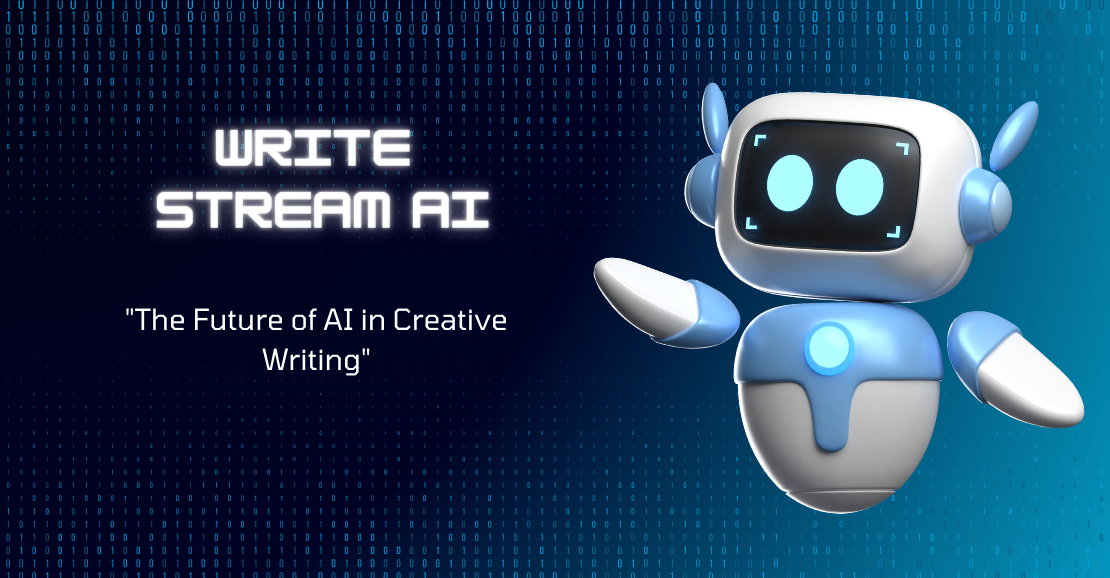The Future of AI in Creative Writing
Human creativity has always been a driving force behind progress and innovation. From music and art to literature and design, creativity is what sets us apart from machines. However, with the advancements in technology, specifically Artificial Intelligence (AI), there has been a growing debate around the impact of AI on creative fields. Many fear that AI could replace human creativity and render us obsolete. However, the reality is far from it. AI in creative writing is not meant to replace human writers, but rather to enhance their capabilities and take the craft of storytelling to a whole new level.
AI has already made its mark in various industries, from healthcare and finance to manufacturing and customer service. It is now making its way into the world of creative writing with the potential to transform the entire landscape. This is evident from the emergence of AI writing tools and platforms such as OpenAI’s GPT-3, which can generate human-like text based on prompts and can even mimic different styles of writing. This has led to an increased interest in AI in creative writing and sparked a conversation about its future in the field.
One of the most significant advantages of AI in creative writing is its ability to process and analyze vast amounts of data in a short period. This means that AI can gather information and ideas from various sources, including books, articles, and social media, and use them to generate unique and engaging content. It can also identify patterns and trends in popular writing styles and genres, allowing writers to create content that resonates with their target audience.
Moreover, AI can assist writers in the editing and proofreading process by identifying errors and suggesting improvements. This can save writers a significant amount of time and effort, allowing them to focus on the creative aspects of their work. AI can also help overcome writer's block by providing suggestions and prompts based on the writer’s style and genre.
However, AI is still far from being able to create original and emotionally powerful pieces of writing – something that human writers excel at. Human writers possess the ability to convey complex emotions and experiences through their words, which is not a skill that can be replicated by machines. Thus, it is safe to say that AI will not replace human writers but rather serve as a valuable tool for them.
Apart from the practical benefits, the integration of AI in creative writing can also have a significant social impact. With AI's assistance, writers can create content in multiple languages, making literature accessible to a wider audience. It can also help overcome language barriers and bridge cultural gaps, leading to a more inclusive and diverse writing community.
However, with any technological advancement, there are also concerns and ethical implications that must be addressed. One of the biggest concerns around AI in creative writing is the ownership and authenticity of the content generated by AI. Who does the credit belong to – the human writer who provided the initial input, or the AI that processed it and created the final piece? Moreover, it raises questions about the role of AI in preserving the authenticity of human experiences and emotions in writing.
In conclusion, the future of AI in creative writing is one that will see the collaboration between human writers and machines. AI has the potential to revolutionize the craft of storytelling and open new possibilities for writers, but it cannot replace the human touch and emotions that are crucial in creating meaningful and impactful pieces. As we continue to explore the capabilities of AI in creative writing, it is important to keep in mind the ethical implications and use it responsibly to enhance, rather than replace, human creativity.























Write your comment
Cancel Reply